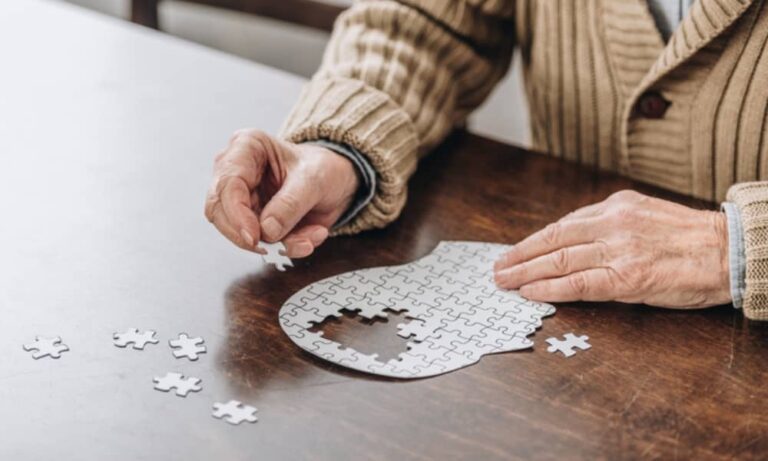The study, published in JAMA Network Open, drew data from over 10,000 Australians aged 70 and older participating in the ASPREE project and the ALSOP sub-study.
The findings revealed that participants who regularly undertook tasks involving adult literacy and mental acuity, such as attending education classes, journaling, and solving crosswords, had a 9-11 percent lower likelihood of developing dementia compared to their peers.
Engaging in creative hobbies like crafting, knitting, and painting, as well as more passive activities like reading, reduced the risk by 7 percent. Surprisingly, the size of one’s social network and the frequency of external outings were not associated with a reduction in dementia risk.
Even after adjusting for education level and socioeconomic status, the results remained statistically significant, with no notable variations between men and women. The global prevalence of dementia stood at 55 million people in 2022, with 10 million new cases reported annually.
Senior author Associate Professor Joanne Ryan emphasised the importance of identifying strategies to prevent or delay dementia, considering it a global priority. She highlighted the significance of actively stimulating and challenging the mind, suggesting that the active manipulation of previously acquired knowledge may play a crucial role in reducing dementia risk.
Impact on cognitive health
The study examined various leisure activities, including adult literacy activities, mental acuity tasks, creative hobbies, passive activities, social network activities, and planned excursions. While the results do not rule out the potential influence of personality traits or overall health behaviours, Associate Professor Ryan indicated that engaging in literacy and mental acuity activities seemed to have the most positive impact on cognitive health.
Although the study did not find a clear link between social connection and dementia risk, Associate Professor Ryan noted that social connections still play a vital role in cognitive health and mental well-being. The study participants were already leading socially active lives, which may explain the lesser apparent cognitive benefits of strong social networks in this specific group.
While literacy and mental acuity activities are not a definitive solution for preventing dementia, the research suggests that they are the activities most likely to support sustained cognitive health. Associate Professor Ryan acknowledged the potential importance of social connection but stressed that the cognitive benefits of strong social networks may be less pronounced in cognitively healthy individuals already leading socially active lives.







